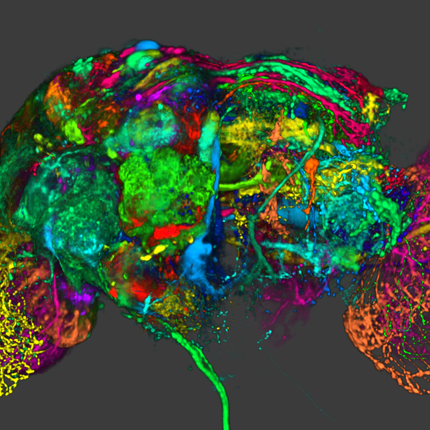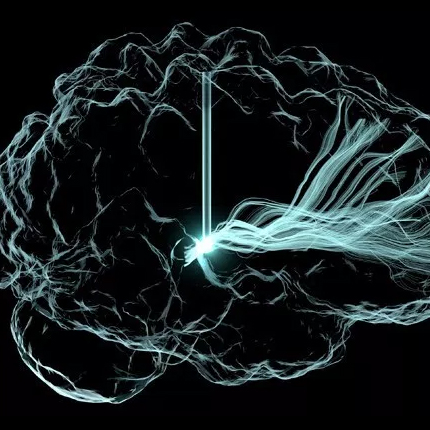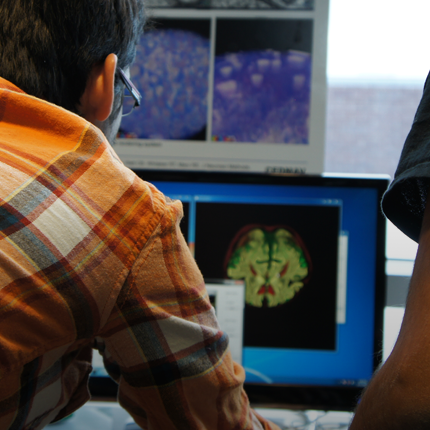Events on February 10, 2023

Lace Padilla, Assistant Professor, UC Merced Presents:
Visualizing our Uncertain World
February 10, 2023 at 10:00am for 1hr
Evans Conference Room, 3780 Warnock Engineering Bldg
or / Click here for
Zoom Link
Meeting ID: 854 3434 7946
Passcode: 479370
Dr. Lace Padilla is an Assistant Professor in the Cognitive and Information Sciences Department at the University of California Merced and was an NSF Postdoctoral Scholar at Northwestern University. She received a Ph.D. in Cognitive Science from the University of Utah. Padilla is the PI and CO-PI on several grants from NSF, DOE, and NASA, including a recent NSF CAREER grant in 2023. She has published over 20 peer-reviewed publications that have received awards, such as the IEEE VIS Best Paper Award and the APS Early Career Award. In 2023 she was named an APA Rising Star. In her spare time, Dr. Padilla strongly advocates for minoritized groups in STEM, serving on the IEEE VIS Inclusivity Committee, and has received several grants and awards for her diversity work.Abstract:
We live in an uncertain world. From extreme weather hazards to pandemic events, forecasters present uncertainty to us daily. Unfortunately, uncertainty is challenging for the general public and trained experts to understand, which is why effectively conveying uncertainty in scientific findings is critical. Visualizations afford thinking with such complex data, as they capitalize on the visual system's highly advanced pattern recognition system to process vast data sets simultaneously. This efficient processing is in stark contrast to the limitations of sequential reading required by sets of symbolic numbers. This talk will discuss state-of-the-art uncertainty visualization techniques and the cognitive processes that can lead to misunderstandings of forecasts with uncertainty. We will discuss best practices in information visualization to support communicators' awareness of how visualization choices influence their audience's understanding of data, supporting accessible and ethical decisions about conveying future projections.
Posted by: Deb Zemek




